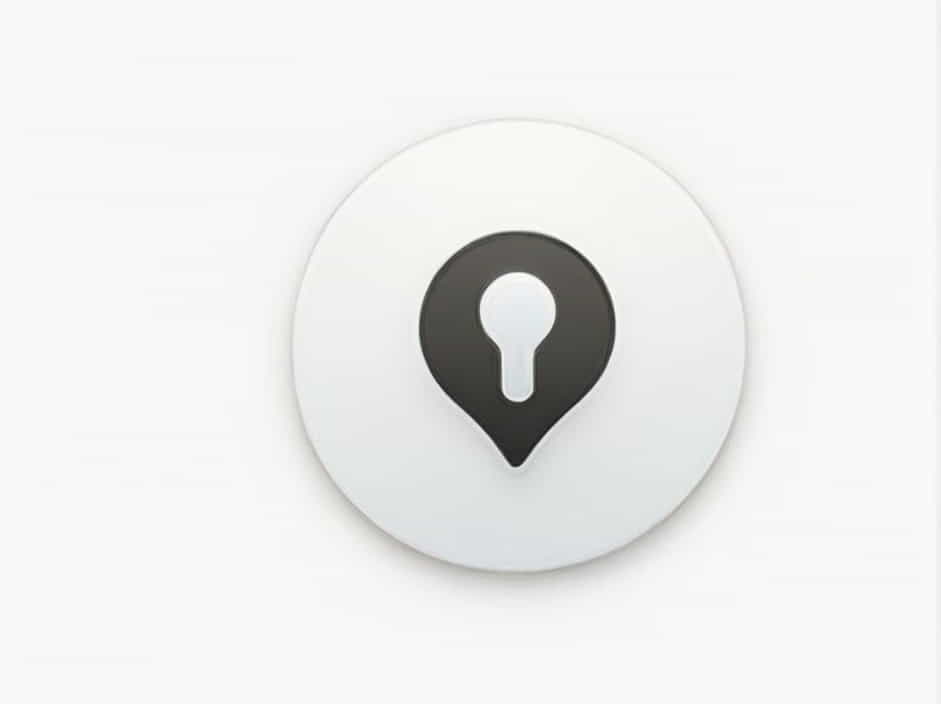Humor is subjective. What one person finds hilarious, another might find deeply offensive. In today’s world, where social media amplifies every reaction, the debate over what is “acceptable” humor has never been more intense.
Some argue that comedy should have no boundaries, while others believe jokes should be sensitive to different cultures, backgrounds, and experiences. But where do we draw the line? When does a joke cross from being funny to offensive?
Why Do People Perceive Jokes Differently?
The way we perceive humor is shaped by several factors:
- Cultural Background: Different cultures have different ideas of what is funny. A joke that works in one country may be seen as inappropriate in another.
- Personal Experiences: Our past experiences influence how we react to humor. Someone who has been through a difficult situation might not find jokes about it amusing.
- Social Norms: As society evolves, so do its ideas of what is acceptable. Jokes that were considered funny decades ago might now be seen as outdated or offensive.
- Tone and Intent: A joke told with the right tone and intention may come across as playful, while the same joke delivered poorly might seem rude or insulting.
Comedy as a Tool for Social Commentary
Throughout history, comedians have used humor to address controversial topics, challenge authority, and highlight societal flaws. Satire, for example, is a powerful tool that exposes hypocrisy and forces people to think critically.
However, with humor comes responsibility. Some comedians argue that their job is to push boundaries and make people uncomfortable, while others believe comedy should always be inclusive and considerate.
The Role of Dark Humor
Dark humor often touches on sensitive topics, such as death, tragedy, or politics. While some people appreciate it as a coping mechanism, others see it as distasteful.
For example, a joke about a recent tragedy might be seen as heartless by those directly affected, but for others, it could serve as a way to process grief. This highlights the importance of timing and audience awareness when making jokes about sensitive subjects.
The Rise of Cancel Culture and Its Impact on Comedy
In the age of cancel culture, comedians and public figures are under greater scrutiny than ever before. A joke made years ago can resurface and lead to backlash, job loss, or public shaming.
While holding people accountable for harmful speech is important, some argue that cancel culture stifles free speech and creativity. Others believe it helps society progress by discouraging offensive and outdated humor.
The key question remains: Should comedians be allowed to say anything in the name of comedy, or should they adapt to changing social norms?
The Difference Between Offensive and Funny
The distinction between offensive and funny is often blurred. A few factors can determine whether a joke is well-received or not:
- Who is telling the joke? A joke about a certain group coming from an insider might be seen as acceptable, but if told by an outsider, it might feel offensive.
- Who is the target of the joke? Punching up (making jokes about those in power) is often more accepted than punching down (mocking marginalized groups).
- What is the context? A joke told among close friends in a private setting might not be appropriate in a formal or public space.
Can We Find a Middle Ground?
While it’s impossible to please everyone, a balance can be struck between freedom of expression and respect for others. Here are some ways to navigate the fine line between humor and offense:
- Consider the Audience – A joke that works in one setting may not work in another. Adjusting humor based on the audience is key.
- Be Open to Criticism – If someone finds a joke offensive, it’s worth listening to their perspective instead of dismissing it outright.
- Understand the Purpose of the Joke – Is the joke meant to entertain, start a conversation, or mock someone? The intention matters.
- Recognize That Offense Is Subjective – What offends one person might be harmless to another. While comedians shouldn’t be afraid to take risks, they should also be aware of potential backlash.
Humor is deeply personal, and what one person finds funny, another might find offensive. The debate over free speech in comedy is ongoing, but the key is to find a balance between pushing boundaries and being mindful of others.
At the end of the day, laughter brings people together. While we may never agree on what is funny, keeping an open mind and respecting different perspectives can help us navigate the complex world of comedy.
